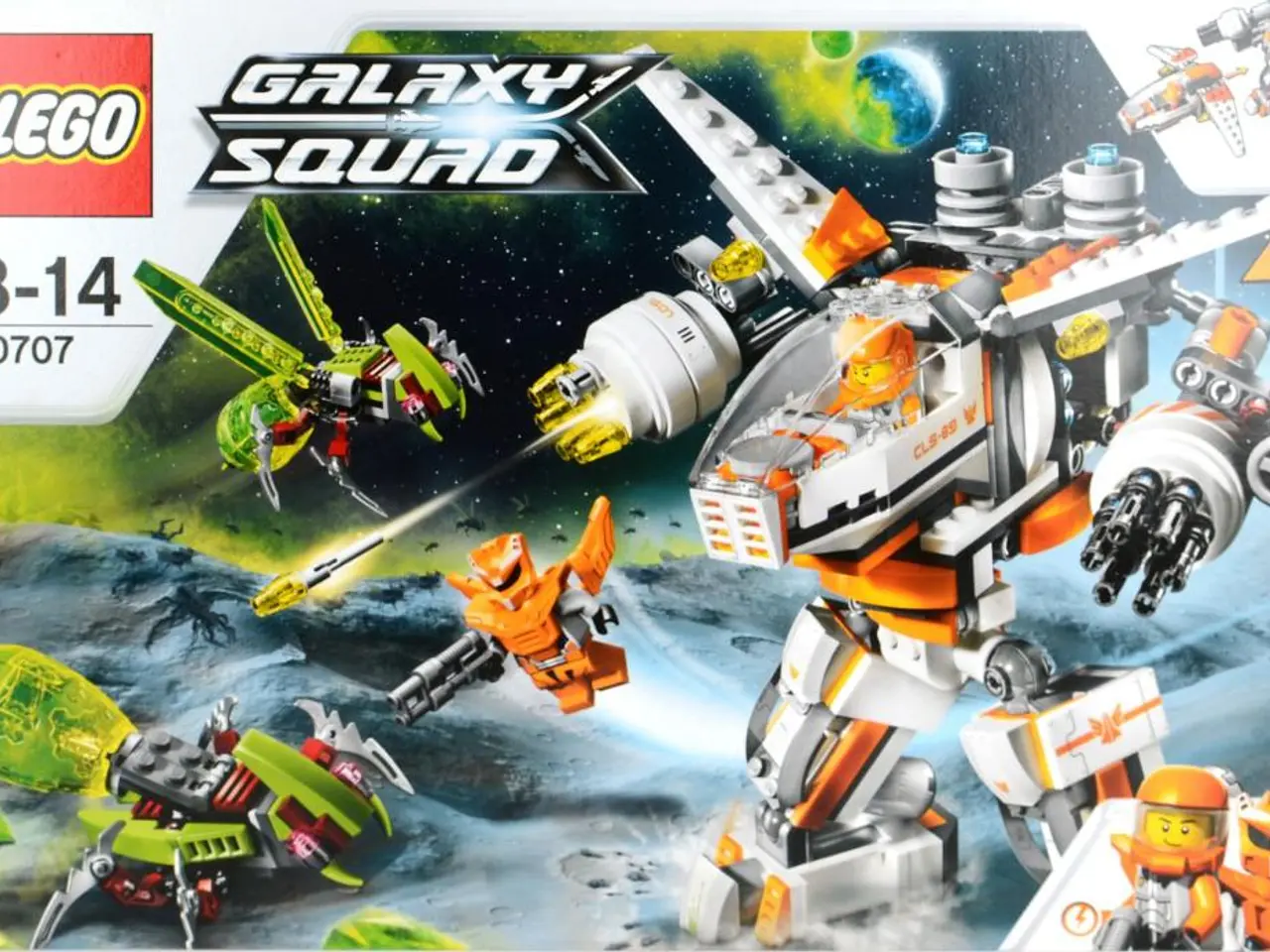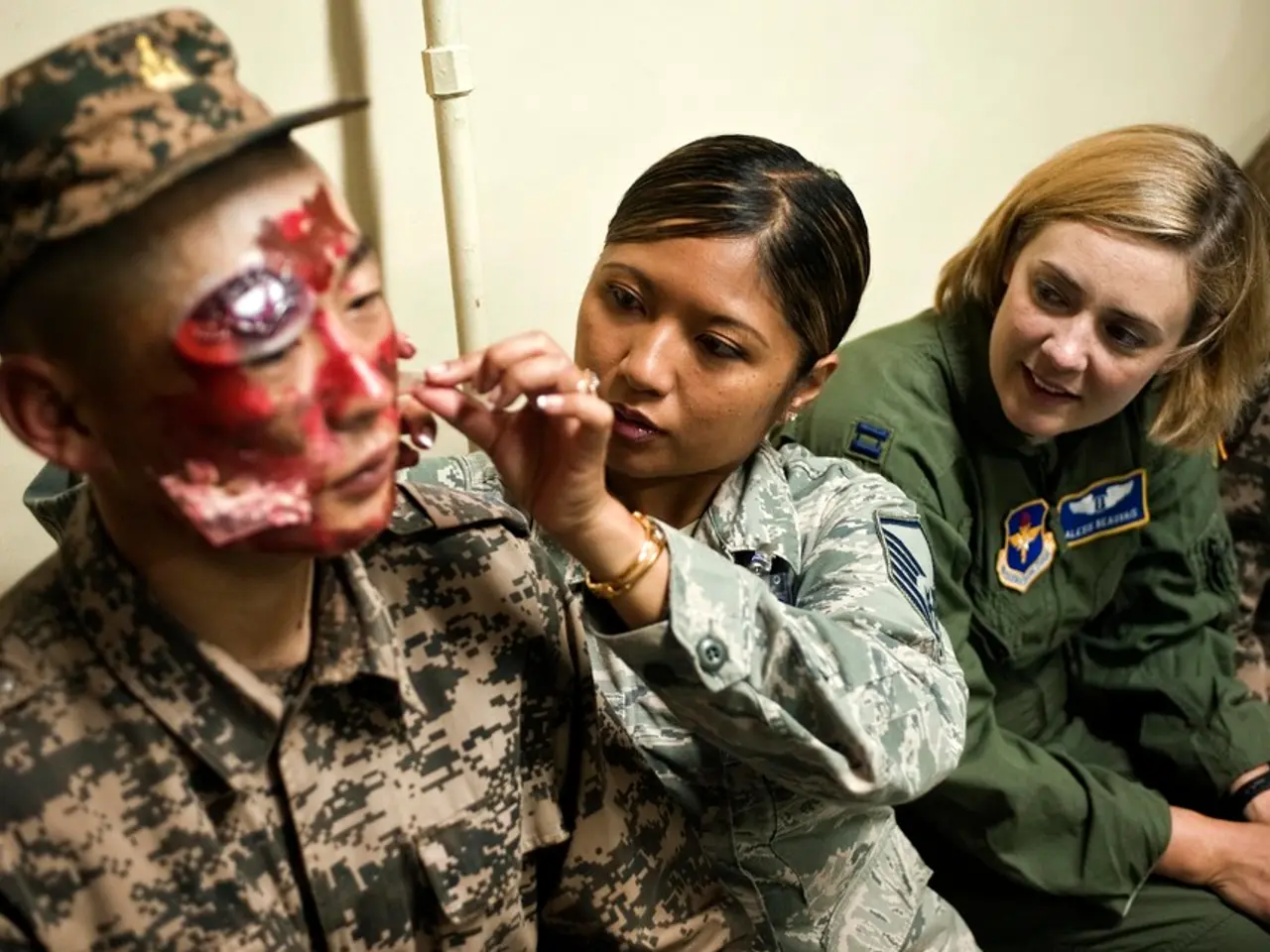Unhappy conclusions may await players of Clair Obscur: Expedition 33, as the game's creative lead is known for crafting deeply melancholic narratives and intends to present players with a difficult, unresolvable decision.
==============================================================
In the world of video games, emotional storytelling is becoming increasingly important, and few games have achieved this as effectively as Clair Obscur: Expedition 33. As the creative director of this game, Guillaume Broche, prefers "really sad stories," the multiple, tragic endings in Clair Obscur: Expedition 33 serve both as a narrative statement on grief's complexity and as a creative device to engage players in an emotionally taxing, morally ambiguous choice.
The game's endings were deliberately designed to provide players with an impossible, heartbreaking choice. Both endings contain significant emotional pain, with one allowing the Dessendre family to face reality together and grieve, potentially healing, while the other lets Maelle remain in a fantasy world of the canvas, avoiding reality but at a cost. This ambiguity highlights the complexity of coping with grief—neither option is fully positive or negative.
Broche intentionally crafted the endings so that each has pros and cons, underscoring that grieving and healing are complicated, personal experiences without easy answers. The endings symbolize different ways of coping, with no definitive "right" path.
The endings were designed to deeply affect players emotionally and make them grapple with their decision. This was part of a broader creative vision to make the entire game an "emotional rollercoaster," culminating in endings that "hurt" and stay with the player.
Interestingly, the epilogues of Clair Obscur: Expedition 33 have no dialogue, leaving room for interpretation. This decision was a bold move by Broche, as it transmits emotions through acting, music, and cinematography rather than dialogue.
The choice in Clair Obscur: Expedition 33 leads to different endings, depending on the path chosen. Players' decisions in the ending are driven by reasons that might seem wrong but are good to the characters. This reflects real-life emotional struggles, where there are no easy answers.
Broche believes that the ending of Clair Obscur: Expedition 33 allows players to make their own choices in an impossible story. He admits that this was a crucial creative decision for the game's developers.
In an interview with Abhi "Behind The Voice" Jha on YouTube, Broche discussed the choice in Clair Obscur: Expedition 33. Despite being a smaller AA title, the team put significant effort into the emotional weight and quality of cinematic scenes, understanding that these endings needed careful delivery to resonate effectively.
Despite the success of JRPGs like Persona and Dragon Quest, Broche suggests that prejudice against turn-based RPGs still exists. However, the emotional depth and storytelling of games like Clair Obscur: Expedition 33 are challenging this perception.
In summary, Clair Obscur: Expedition 33 offers players an impossible choice at its end, reflecting real-life emotional struggles. The multiple, tragic endings serve as a narrative statement on grief's complexity and engage players in an emotionally taxing, morally ambiguous choice, all while avoiding a comforting resolution, mirroring real-life emotional struggles.
- Players might find solace in the entertainment offerings on their console, such as videos games like Clair Obscur: Expedition 33, which delve into the complexities of grief through its engaging narrative and emotionally taxing choices.
- For those seeking a different kind of action, movie-and-tv streaming services provide a multitude of titles, including thought-provoking dramas that address real-life emotional struggles, much like the endings in Clair Obscur: Expedition 33.
- To foster more empathy in video games, developments in the industry are focusing on creating narrative-driven games that deliver emotional stories, akin to the award-winning RPG, Clair Obscur: Expedition 33, and its impactful decision-making scenes.
- As the market for video games continues to expand, deals and discounts on titles like Clair Obscur: Expedition 33 offer players an opportunity to explore the depths of emotional storytelling at a reduced cost.
- In recent years, the stigma surrounding turn-based RPGs like Dragon Quest has begun to lessen, with titles like Clair Obscur: Expedition 33 proving that emotionally engaging, narrative-driven games can challenge stereotypes and draw in a wider audience.








